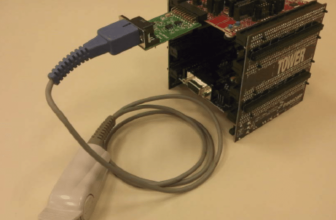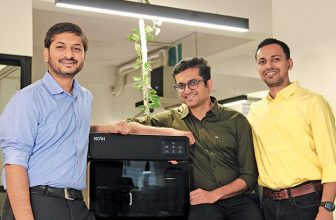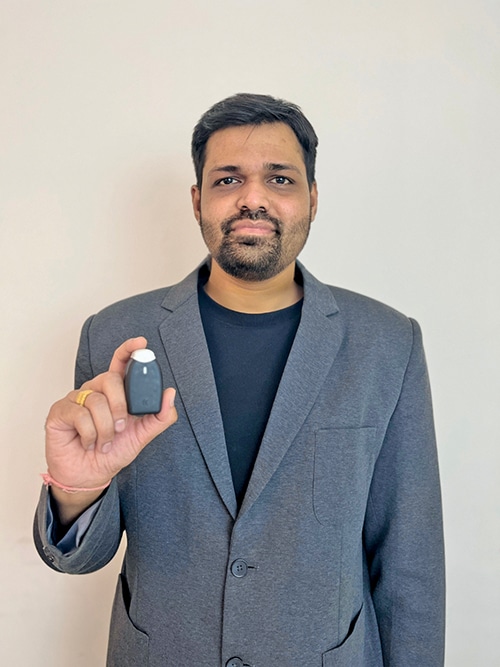
Check out our latest products
Humors Tech Private Limited was founded in 2021 by Ankur Jaiswal to address a crucial gap in preventive healthcare. In 2022, Suchita Mulye Kanaldekar joined the company as a co-founder, further strengthening its leadership team.
Humors Tech, a Bengaluru-based DeepTech preventive healthcare startup, is redefining how individuals monitor and manage their health. Focused on early intervention, the company is building solutions that empower users to take charge of their well-being before illnesses manifest.
Its flagship device, Respyr, analyses breath biomarkers to detect early signs of potential health issues, offering personalised scores for sugar, liver, gut, respiratory health, and more.
– Advertisement –
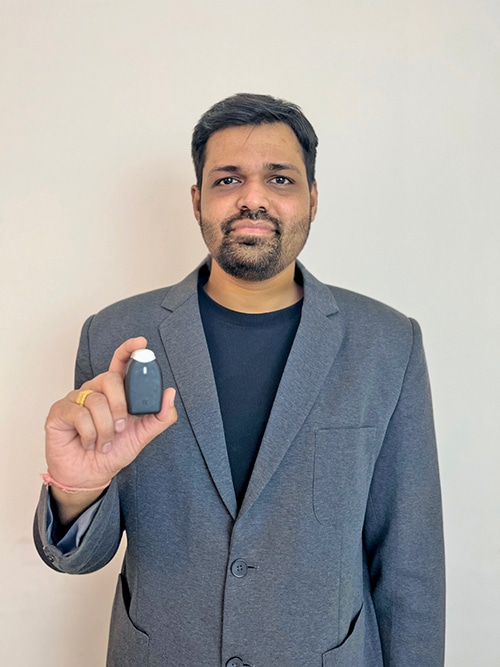
On December 24, 2024, the company launched Respyr 1.0—a patented, handheld Class B IVD device, according to Ankur, Founder and CEO of Humors Tech.
The device works by capturing breath biomarkers through a small, portable unit into which users exhale. It provides clinical scores related to several health parameters, including sugar, liver, gut, and respiratory functions, based on the user’s breath sample.
“The device also tracks lifestyle data, such as food intake and physical activity, and combines this with breath analysis to offer a comprehensive view of a user’s health,” explains Ankur.
Designed for ease of use, the device requires users to exhale into it, connecting to a mobile application simply. It calibrates itself, and the app guides users through the testing process.
The data is then uploaded to the cloud, where it is analysed using machine learning models trained on clinical study data. Based on the results, the application provides users with personalised feedback and suggestions to help improve their health.
Respyr’s target audience includes workers in high-risk industries such as coal, mining, chemical, cement, steel, construction, and factories. It provides health monitoring aimed at detecting chronic conditions early and enhancing workplace safety.
Through collaborations with state governments and public health programmes, the company aims to improve access to preventive care and promote early screening in communities with limited healthcare infrastructure.
The startup’s revenue model includes direct sales of the Respyr device and a subscription model for continued access to its health tracking features. The initial device purchase consists of a one-year subscription, renewable annually. The company charges a fee per use for B2B customers in occupational health sectors, creating a recurring revenue stream based on the number of tests conducted.
While the company initially targeted the Indian market, it is now looking to expand globally to make Respyr as familiar as other everyday health monitoring devices, such as weight scales.
“Our entire product, from circuit design to internal device structure, is developed in-house by our team. However, we collaborate with a third-party vendor for manufacturing specific components like the enclosure due to the heavy machinery involved, which we currently choose not to invest in.
Similarly, we outsource the fabrication of raw green PCBs to a vendor in Bengaluru, while all design, calibration, testing, quality checks, and packaging are completed internally at our Murgesh Palya office. While most components are sourced locally, India still lacks advanced sensor manufacturing capabilities, so we currently import sensors but aim to develop them domestically in the future,” Ankur states.
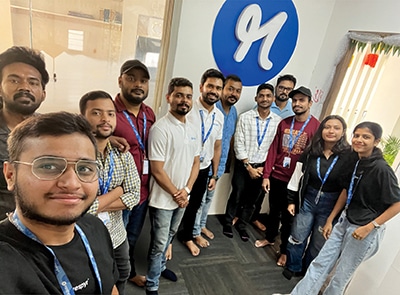
“We have sold 77 units in the initial months since launching the product, and our team recognises the importance of reaching a broader audience. We are actively building partnerships with health and wellness companies, as well as other organisations, to make the device more widely accessible,” he adds.
The development of Respyr presented key challenges, including miniaturising the device for portability and ensuring consistent breath analysis despite variations in temperature, pressure, and humidity.
The team addressed this by designing a self-cleaning system and incorporating adjustments for environmental factors. Conducting clinical studies was also demanding, requiring precise data collection and comparison with blood tests—the medical gold standard.
“We plan to invest in sales and marketing to boost the product’s visibility, especially in the B2B2C (business-to-business-to-consumer) space, occupational health, and public healthcare sectors. We are also focused on improving the device’s design and functionality, with plans to introduce a wireless version featuring Bluetooth connectivity.
Additionally, we are exploring ways to support rural populations where internet access may be limited by developing offline capabilities for the device,” Ankur concludes.
The startup anticipates significant growth over the next two years, with revenue targets set at ₹100 million and plans to expand into international markets.


![[5G & 2.4G] Indoor/Outdoor Security Camera for Home, Baby/Elder/Dog/Pet Camera with Phone App, Wi-Fi Camera w/Spotlight, Color Night Vision, 2-Way Audio, 24/7, SD/Cloud Storage, Work w/Alexa, 2Pack](https://m.media-amazon.com/images/I/71gzKbvCrrL._AC_SL1500_.jpg)



![[3 Pack] Sport Bands Compatible with Fitbit Charge 5 Bands Women Men, Adjustable Soft Silicone Charge 5 Wristband Strap for Fitbit Charge 5, Large](https://m.media-amazon.com/images/I/61Tqj4Sz2rL._AC_SL1500_.jpg)
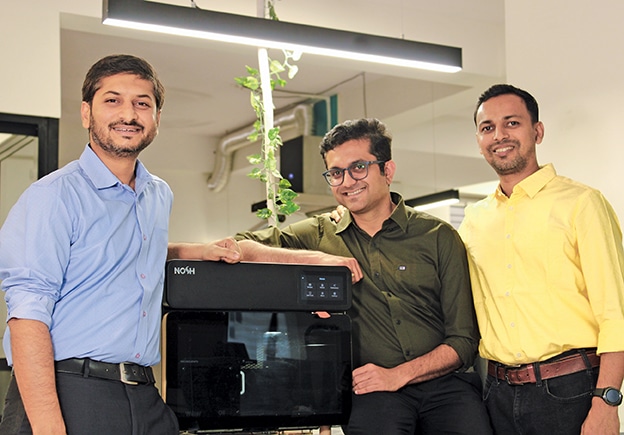
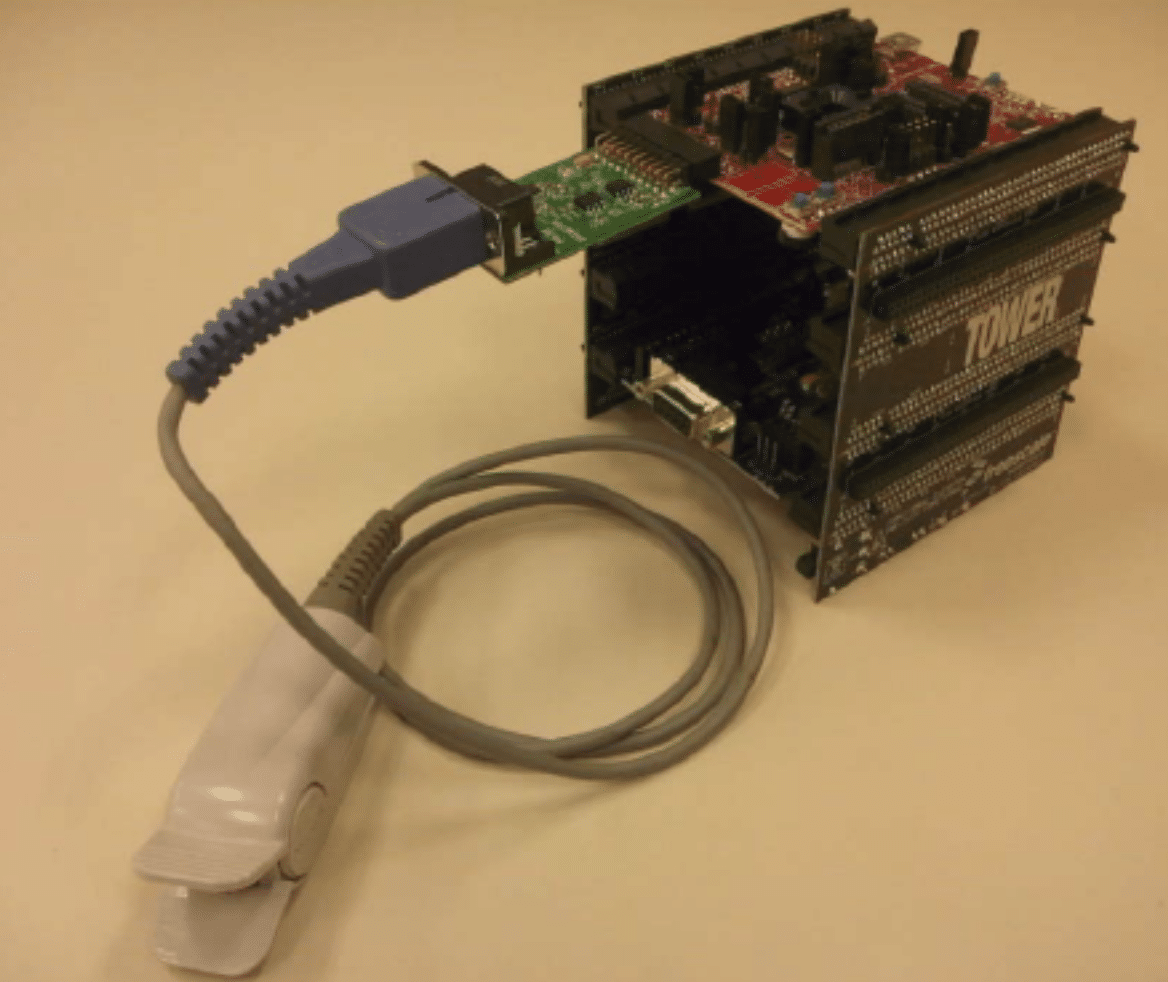
![DIY Blind Stick [Without Code]](https://urbaneleganthomes.com/wp-content/uploads/2025/05/DIY-Blind-Stick-Without-Code-336x220.jpg)

